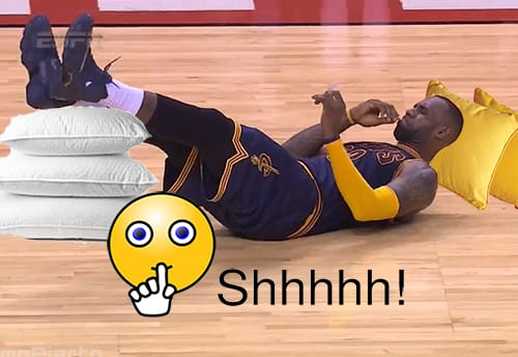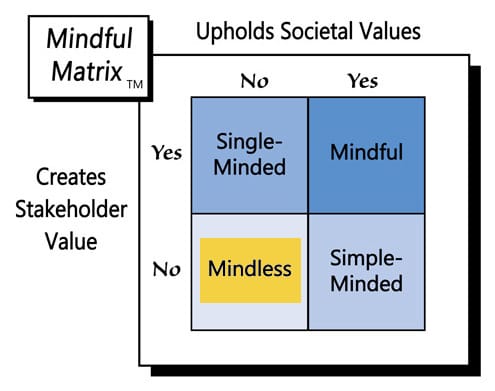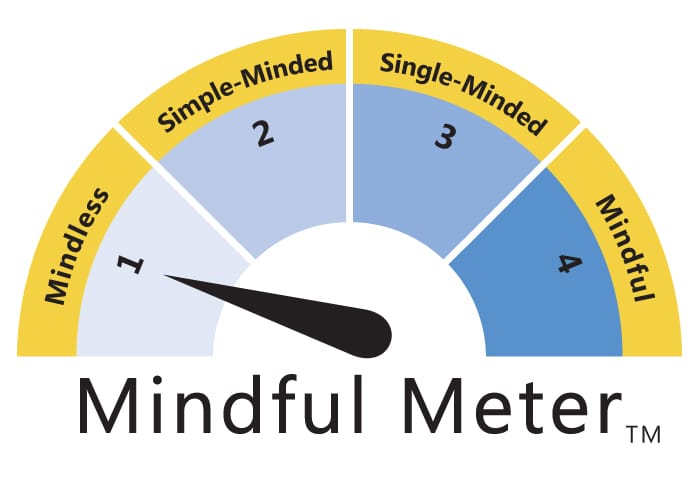December 14 comes, and you and your dad set-out from St. Louis. Many miles and a couple of stops later, you arrive at a packed FedExForum. The atmosphere is already electric, as you settle into your seats. Scanning the court, you see a variety of NBA players engaged in their pregame rituals, but no LeBron. The crowd quiets as the announcer introduces the Cavaliers starting line-up.
Surprisingly, James’ name is not called. You look to the bench, but he’s not sitting there either. Then you hear a couple of fans behind you grumbling:
“I can’t believe the Cavs aren’t playing LeBron tonight.”
“Yeah, and Love and Irving [two of the team’s other best players] aren’t here either.”
“Where are they? They can’t all be injured.”
“No, they’re fine. I heard the Cavs are ‘resting’ them tonight.”
“What a rip-off.”
Such a scenario would be frustrating for almost any NBA fan. For the twelve-year-old described above, it would be more like devastation. Unfortunately, the situation is not fiction. A few days ago, this scenario actually played out in Memphis. Even more unfortunate is the fact that the same thing is occurring across the league with increasing frequency: Teams selectively sitting out their star players, not because of injury or illness but to “rest” them, has become an epidemic of sorts.
But, doesn’t everyone deserve time-off? Plus, basketball is a physically demanding and exhausting sport. If you’re competing at its highest level against players who are among the best athletes in the world, you’re going to get tired. Over the course of a long season, NBA players may need a rest, especially the best ones who tend to play the most minutes.
There’s some truth to all of those points. With games beginning in October and ending in June (for those who make the Finals), the NBA has one of the longest seasons in professional sports. Also, unlike NFL teams that play once a week, NBA teams often have 3 or even 4 games in the same span, some of which are on consecutive nights. Granted, basketball players don’t take the beating that football players do, but they still experience some significant physical contact, on top of constant running, jumping, stopping, and starting.
On the other hand, isn’t that what these elite athletes are trained for and paid millions of dollars to do? Yes, basketball can be physically taxing, but probably not as much as many other jobs, for example: farmer, lumberjack, miner, etc. Most of these workers do their jobs eight hours or more a day, five days a week, fifty or so weeks a year, for decades. They don’t get a day off during the middle of the week to “rest” even though their schedules add to up to many more hours than the 36.7 minutes per game that James averages. Meanwhile these other workers make only a small fraction of The King’s $30.9 million annual salary.
But, LeBron is probably not to blame--the decision might not even be his to make. Rather, it’s likely that the team’s coach and/or management decides to rest a superstar like LeBron. Usually owners and fans want the same thing—to see ‘their’ team win. But fans also want to see a star play when they pay a hefty price for a ticket. Owners, on the other hand, aren’t as interested in single-game success as in the team’s performance over the entire season, which will hopefully end in a championship. To even make it to the Finals, however, they need to ensure that their players, especially the top ones, stay strong and injury-free.
Shouldn’t fans understand and embrace that same long-term perspective? Yes and no. First, fans of opposing teams don’t care if their adversaries win a championship, but they still want to watch the other teams’ stars. That’s why Michael Jordan filled NBA arenas a couple of decades ago and why LeBron James does so today.
Second, any professional sport is first and foremost entertainment. Yes, being able to root for a winning team, or even a championship team, adds extra value to the experience, but in entertainment, it always about the individual game, concert, or show, after which all entertainers should be asking, “Did we give the audience an outstanding experience that was well worth the price of admission?
If asked to answer the preceding question, it’s likely that the twelve-year-old basketball fan mentioned above would say “no.” Such perceptions of unfairness are not unfounded. The average NBA ticket price is $96.57. When you add-in the cost of food, drink, and parking, the total comes to $442.28 for a family of four. Again, that’s the average. In New York and Los Angeles, those totals come to $878.20 and $789.20, respectively. Anyone paying those prices, or even the $262.50 total family cost for an Indiana Pacer’s game, deserves to see the stars play, provided that they’re healthy.
So, in marketing terms, the NBA might need to make changes to its product. If the season is too long or there are too many games in a week, the league should take action and streamline the schedule. Concert promoters probably have similar considerations in deciding how many performances their stars can do well in a given week, month, or year. You never go to a concert and not see the headliner. If the star gets sick, etc. the concert is cancelled and refunds are paid. The NBA shouldn’t be very different.
Ultimately, it’s unfair to deny fans, who have paid a pretty penny, a potentially once-in-a-lifetime opportunity to see their favorite player, simply because someone decided to rest him. That approach may work in the short-run, but it’s not a long-term strategy that fans will continue to tolerate. A little rest is usually a good thing, but in the entertainment industry, sidelining stars, without any consideration of the audience, can only count as “Mindless Marketing.”
Learn more about the Mindful Matrix and Mindful Meter.
Check out Mindful Marketing Ads and Vote your Mind!




 RSS Feed
RSS Feed